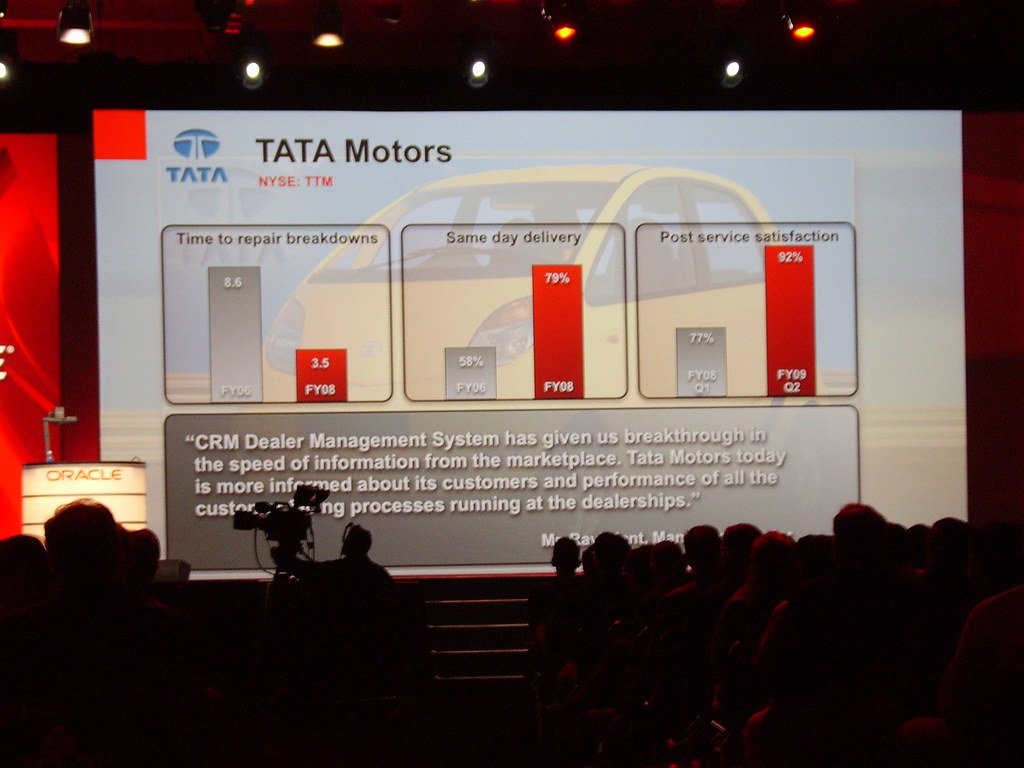Tata Motors, the foremost electric car manufacturer in India, is spearheading a drive to test its electric vehicles (EVs) in select global markets. The ultimate goal is to potentially launch in these regions if the preliminary assessments are promising, shared the company’s managing director in a recent interaction with Reuters.
As the electric vehicle revolution takes the world by storm, Tata Motors is keen on ensuring its cars can cater to a global audience. “At this point, we’re in the early stages of our tests. Depending on the outcomes and performance of our EVs in these conditions, we might revisit some features or components. It’s a prelude to solidifying a comprehensive ‘go-to-market’ approach,” said Shailesh Chandra.
The journey, however, is multifaceted. “The focus isn’t solely on identifying potential markets, but also entails strategizing around product fitment and establishing the right distribution channels,” Chandra mentioned. He hinted at ongoing discussions with potential business partners that are crucial to this international foray.
While the top executive held off from delving deep into the specifics of potential export markets, he assured that the company would shed more light on these strategies by the next year.
Back home in India, Tata’s dedication to promoting EVs is evident. With an uptick in its EV sales, the company has ambitious plans to inaugurate exclusive EV dealerships in select cities over the upcoming quarters. These dealerships will be the one-stop destinations for enthusiasts as the company continues its aggressive lineup of new electric models.
Chandra revealed, “Considering the current momentum and our product pipeline, launching EV-dedicated outlets seemed a logical next step. However, the plan is to execute this in a phased manner. We need to juxtapose the performance and feasibility of these exclusive dealerships against our existing mixed-product outlets.”
Globally, the electric car landscape is undergoing a seismic shift. Stricter emission norms are compelling manufacturers to rethink their strategies and place EVs at the forefront. While American giant Tesla remains the dominant player, Chinese companies, notably BYD, are not far behind, amplifying their reach with state-of-the-art factories and robust export initiatives.
The recent event in New Delhi was a testament to Tata Motors’ commitment to this cause. The company unveiled its fourth EV, an upgraded version of the Nexon electric SUV. Priced at a competitive 1.5 million rupees (roughly $18,000), this vehicle boasts an impressive range of 465 kilometres (around 289 miles) on a single full charge.
Tata Motors is not just a player but a dominant force in the Indian EV scene, holding an astounding 80% market share. Their primary competitors in this space are China’s MG Motor and India’s own Mahindra & Mahindra. Global leader Tesla has also set its sights on India, reportedly in discussions for a new production unit aiming to produce a $24,000 car for the Indian market.
Despite the enthusiasm around electric cars, they constituted a mere 2% of the staggering 3.9 million cars sold in India during the last fiscal year. The Indian government, however, is bullish about the future, aiming for this number to soar to 30% by the end of this decade.
For Tata Motors, the roadmap for the coming years is well-charted out. With a promise of ten distinct electric vehicles in its stable over the ensuing 3-4 years, the company aims for a quarter of its overall sales to be EVs by 2025. “Our current projection is selling around 100,000 EVs this fiscal year, and we are well-equipped to realize this goal,” asserted Chandra.
An intrinsic aspect of Tata’s strategic approach is understanding its customers and market demand. The past had challenges, with Chandra candidly admitting, “There was a time our demand forecasting wasn’t as robust as it should have been.” However, today, with enriched insights and fortified infrastructure, Tata Motors feels equipped for a swifter production ramp-up.
Moreover, the expanding range of EVs in Tata’s offering will serve as a robust foundation for its new, exclusive dealerships. “The primary hurdle previously was gauging real-time demand. Now, we’re in a position where we can efficiently address this rapid scale-up,” Chandra commented.
It’s evident that Tata’s vision aligns with the changing global automotive landscape, where electric vehicles aren’t just an alternative but are soon becoming the mainstream choice. With a meticulous strategy, backed by rigorous testing and a clear understanding of market demands, Tata Motors seems poised to lead the EV revolution, both domestically and potentially on a global scale.
Read More:
